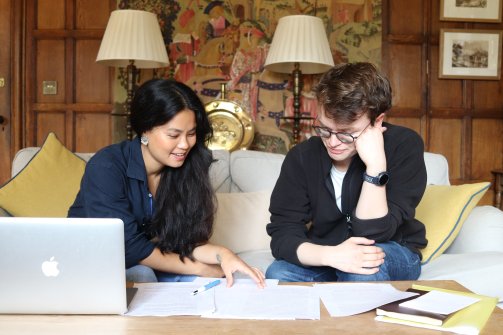The politics of time with Carolyn Smith

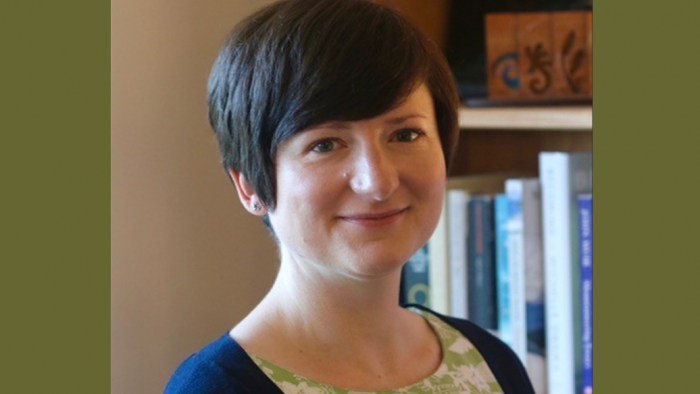
MGeol PhD
Rachael is a Lecturer in the Department of Earth Sciences and specialises in researching past climates using polar ice cores.
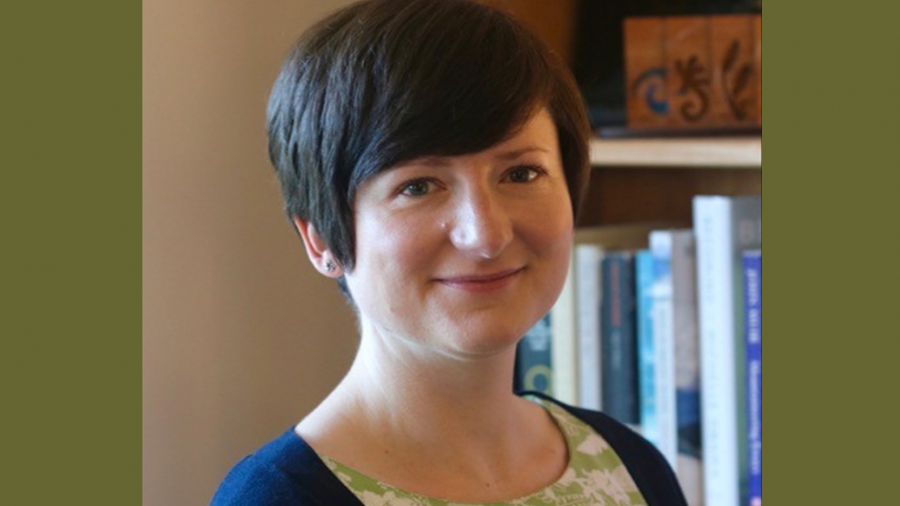
Rachael completed her doctoral degree at Te Herenga Waka - Victoria University of Wellington, New Zealand, with a focus on trace element geochemistry of coastal Antarctic ice cores. Rachael then moved to Oregon State University, USA for postdoctoral research developing ultra-high resolution records of atmospheric methane variability in the past. A Marie Sklodowska-Curie Individual Fellowship at University of Cambridge brought Rachael back to the UK in 2015. She was subsequently awarded her first academic position at Northumbria University.
In 2019, Rachael returned to Cambridge as a University Lecturer in the Department of Earth Sciences and now teaches at all levels of the Earth Sciences course within the Natural Sciences Tripos. She particularly enjoys introducing students to the curiosity-driven nature of geological fieldwork.
Rachael is a member of the European Geosciences Union, American Geophysical Society and collaborates with many international colleagues through Past Global Changes (PAGES) working groups. Thanks to a secondment at the journal Nature Geoscience in 2018, Rachael is now an Editorial Board Member at Communications Earth and Environment.
Rachael uses polar ice cores to reconstruct past changes in the Earth’s climate and biogeochemical cycles, with the goal that such palaeo-constraints may improve predictions of future climate change in our warming world. Her work combines geochemical analysis of ice and the ancient air bubbles trapped inside with numerical modelling. Current interests include the drivers of multi-decadal scale methane variability and the development of chemical tracers of past sea ice conditions.
Rachael is collaborating on a number of other projects, including one that aims to reconstruct the atmospheric history of carbon monoxide and another that is using fully-coupled global climate models to examine the different drivers of abrupt methane increase during the last ice age. Looking ahead, Rachael is excited to be involved in the upcoming Antarctic deep drilling project EPICA Oldest Ice and the associated Marie Curie Innovative Training Network DEEPICE, which aim to retrieve ice older than 1.4 million years.
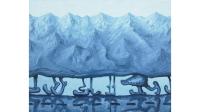
Visit Wolfson's latest exhibition 'After News Before Bed' featuring work by emerging artist Enej Gala, winner of the Wolfson Royal Academy Schools Graduate Prize.
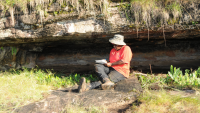
How does the interpretation of geometric rock art in Uganda shed light on the societal and cultural experiences of African Pygmy forest hunter-gatherers?
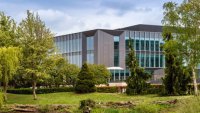
Dive into the Cambridge innovation ecosystem with a visit to the Cambridge Science Park.
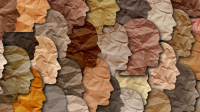
This event is the third of three roundtables that Wolfson's REACH Research Hub will be organising over the academic year under the heading ‘Hierarchies of Racism?’
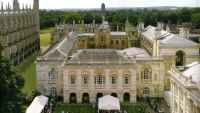
Join Emeritus Fellow Dr Brian D Cox for a talk which will outline the development of the University from its origins in 1209 until the present day.







